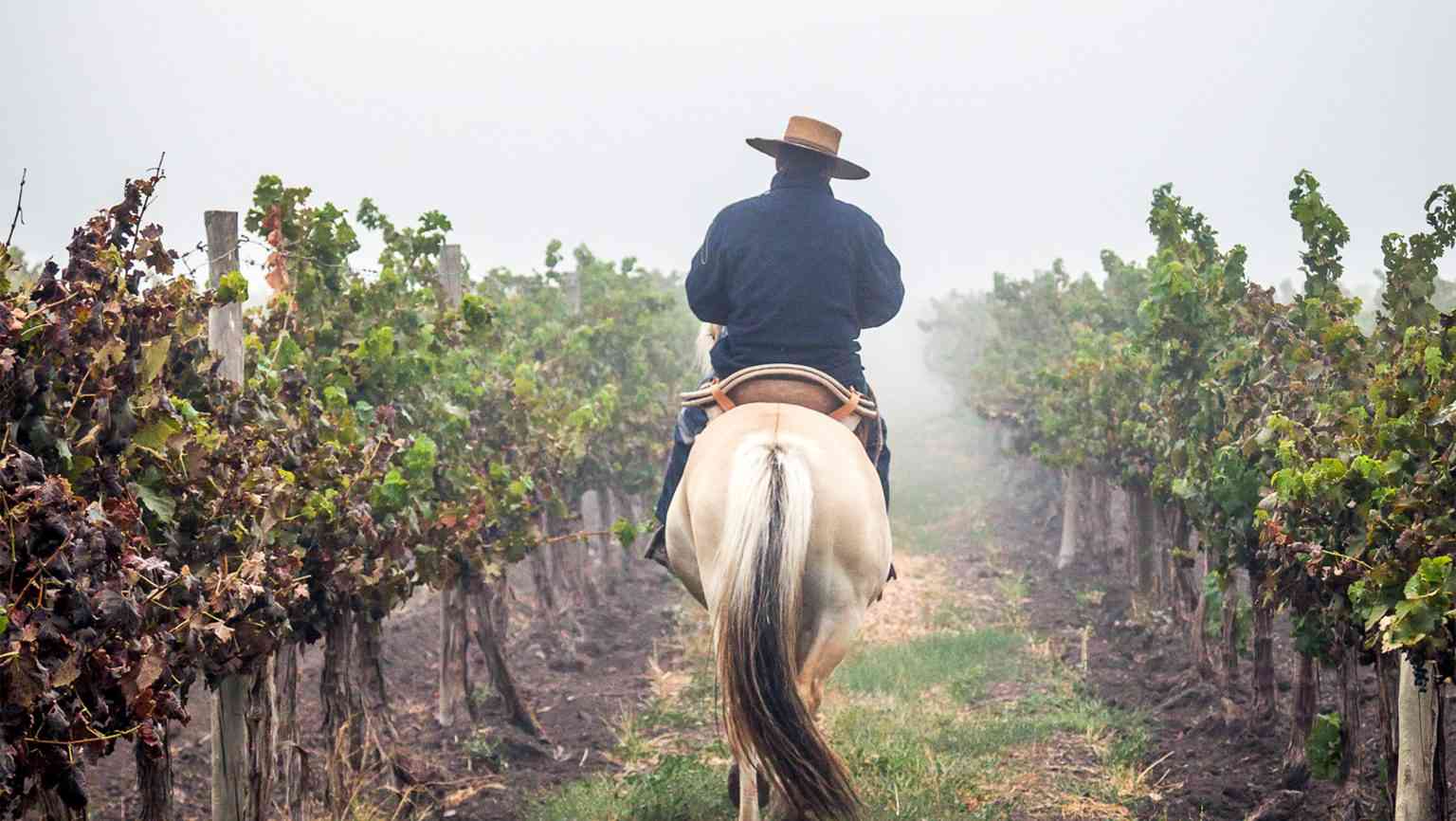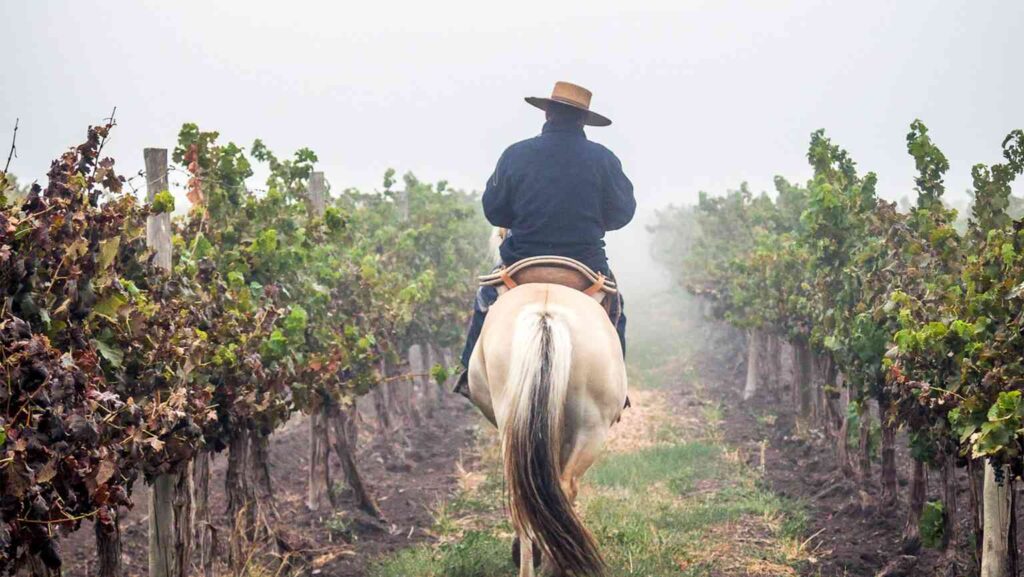Contents
Key Points
- Understanding if horses can safely consume grape stems is important for their health.
- Grape stems may pose a choking hazard and contain compounds that are toxic to horses.
- It’s best to avoid feeding grape stems to horses and opt for healthier, safer snacks.
- If a horse accidentally consumes grape stems, monitoring them closely for signs of distress is crucial.
- Always consult a veterinarian when in doubt about the safety of feeding certain foods to horses.
Regardless of the ancient bond between humans and horses, surprising questions still arise regarding their diet and the safety of certain foods. A question that emerges frequently amongst equine enthusiasts and horse owners is: Can horses eat grape stems? The straightforward answer is that grape stems, along with the leaves and vines of the grape plant, should generally be avoided in the equine diet.
>> READ MORE:
- Can Horses Eat Grapes? – All Important Things You Should Know
- Discover the Surprising Truth: Can Horses Safely Eat Grape Seeds?
The Risk of Grape Stems in a Horse’s Diet
Grape stems could potentially be hazardous to horses due to two primary factors – the physical risk of choking and the chemical risk posed by certain substances present in the plant. The rigid, twig-like nature of grape stems could lead to obstructions in a horse’s digestive tract or even choking, which is a serious emergency in equines. Additionally, grapes – and by extension, their stems – are known to contain compounds that can potentially cause toxicity in horses. While the exact toxic substance and mechanism are not fully understood, consumption of grapes and their parts has been associated with acute kidney failure in horses.

Despite a lack of extensive scientific research specifically focused on grape stems, caution is advised because of the known risks associated with the fruit itself. When it comes to equine nutrition, there’s a general consensus that it’s better to err on the side of caution.
Healthy Alternatives to Grape Stems for Horses
As caretakers of these majestic creatures, horse owners and handlers should focus on providing a safe and nutritious diet. There are many alternatives to grape stems and other potentially dangerous snacks. Safe treats include carrots, apples (without seeds), and specially formulated equine treats. These options not only offer nutritional benefits but are also widely enjoyed by equines, satisfying their need for occasional variation in their diet without any associated risks.
What to Do If Your Horse Consumes Grape Stems
If a horse has accidentally ingested grape stems, the owner or caretaker should monitor the animal closely for any signs of distress, such as colic, changes in behavior, or any signs of a choke. Contacting a veterinarian immediately is paramount whether signs of illness are present or not, given the potential severity of the situation. A professional can provide guidance on next steps, including any necessary treatments or interventions.

Conclusion: Best Practices for Feeding Horses
When it comes to feeding horses, the tried and true approach is to provide a diet based on high-quality forage supplemented with grains and minerals as needed, and to avoid foods that are not a natural part of their diet or are known to be potentially harmful. The equine digestive system is sensitive, and horses have specific nutritional needs that must be carefully managed.
In conclusion, while it might seem harmless to offer horses a small amount of grape stems, it is far from advisable. Feeding horses should always be done with safety and health in mind, sticking to proven dietary choices and avoiding uncharted territories, especially when potential risks outweigh any perceived benefits. Understanding the potential dangers and prioritizing the welfare of these animals is essential. For horse owners seeking peace of mind, incorporating safe practices and being well-informed will ensure the well-being of their equine friends.

